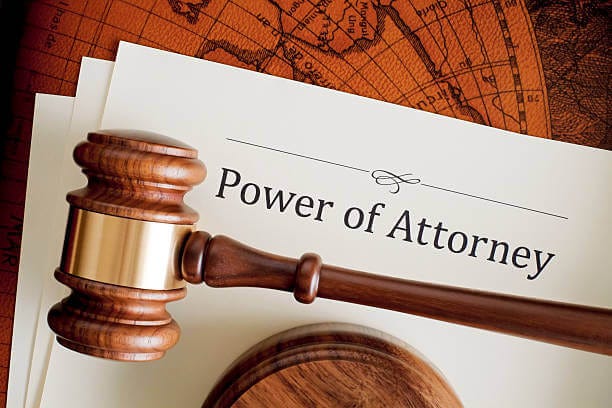Navigating legal channels, especially in a foreign country, can be a daunting task. In Dubai, a rapidly growing city in the United Arab Emirates (UAE), understanding the process of establishing power of attorney in the Dubai courts is essential for individuals seeking to delegate legal authority to another person. Power of attorney (POA) is a legal document that allows an individual (the principal) to appoint another person (the agent or attorney-in-fact) to act on their behalf in various legal and financial matters.
In Dubai, the legal system is based on a civil law framework, with Islamic law (Sharia) also playing a significant role in certain aspects of the legal system. Understanding the legal procedures and requirements for establishing power of attorney through the Dubai courts is crucial for individuals who wish to ensure that their affairs are properly managed in their absence or incapacitation.
Importance of Establishing Power of Attorney
Establishing power of attorney can be particularly important for individuals who anticipate being unavailable or incapacitated due to travel, illness, or other circumstances. By appointing a trusted agent to act on their behalf, individuals can ensure that their financial and legal affairs are managed according to their wishes.
In Dubai, as in many other jurisdictions, power of attorney can grant a wide range of powers to the appointed agent, including the authority to make financial transactions, sign legal documents, and make medical decisions. It is essential for individuals to carefully consider the scope of the powers they wish to grant when establishing power of attorney.
Legal Requirements for Establishing Power of Attorney in Dubai
The process of establishing power of attorney in Dubai typically involves several steps and requires compliance with specific legal requirements. While individuals have the option of drafting a power of attorney document themselves, it is advisable to seek legal assistance to ensure that the document complies with local laws and accurately reflects the individual’s wishes.
To establish power of attorney through the Dubai courts, individuals must follow the procedures outlined by the Dubai Courts website or seek guidance from a legal professional. The following are some key steps involved in the process:
- Choose an Agent: The first step in establishing power of attorney is to select a trusted individual to act as the agent or attorney-in-fact. This person should be someone who is capable of managing the individual’s affairs responsibly and in accordance with their wishes.
- Draft the Power of Attorney Document: The power of attorney document should clearly outline the powers being granted to the agent and any limitations or restrictions on those powers. The document must be drafted in Arabic, as this is the official language of the UAE, and must comply with the requirements of UAE law.
- Notarize the Document: Once the power of attorney document has been drafted, it must be notarized by a public notary in Dubai. Notarization involves verifying the authenticity of the document and the identities of the parties involved.
- Submit the Document to the Dubai Courts: After notarization, the power of attorney document must be submitted to the Dubai Courts for registration. This can typically be done through the courts’ website or in person at a designated location.
- Pay the Required Fees: There are fees associated with registering a power of attorney document with the Dubai Courts. These fees must be paid at the time of submission.
- Receive Confirmation: Once the power of attorney document has been registered with the Dubai Courts, the individual will receive confirmation of the registration. This confirmation serves as official recognition of the agent’s authority to act on behalf of the principal.
Types of Power of Attorney in Dubai
In Dubai, there are several types of power of attorney that individuals can establish, depending on their specific needs and preferences. Some common types of power of attorney include:
- General Power of Attorney: This type of power of attorney grants the agent broad authority to act on behalf of the principal in various legal and financial matters. It is often used when the principal anticipates being unavailable for an extended period or wishes to delegate authority for multiple tasks.
- Special Power of Attorney: A special power of attorney grants the agent limited authority to perform specific tasks or transactions on behalf of the principal. This type of power of attorney is often used for specific purposes, such as buying or selling property or conducting business transactions.
- Medical Power of Attorney: Also known as a healthcare proxy or medical POA, this type of power of attorney grants the agent the authority to make medical decisions on behalf of the principal in the event that the principal is unable to do so themselves.
- Financial Power of Attorney: A financial power of attorney grants the agent authority to manage the principal’s financial affairs, such as banking, investments, and property management.
Conclusion
Establishing power of attorney through the Dubai courts is a process that requires careful consideration and adherence to legal requirements. By following the proper procedures and seeking legal guidance when needed, individuals can ensure that their affairs are properly managed in their absence or incapacitation. Whether establishing a general power of attorney for broad authority or a special power of attorney for specific tasks, it is essential to choose a trusted agent and clearly outline the powers being granted. With proper planning and documentation, individuals can have peace of mind knowing that their interests are protected Read more








